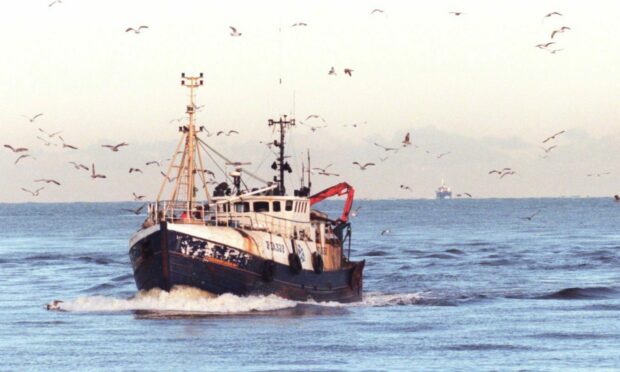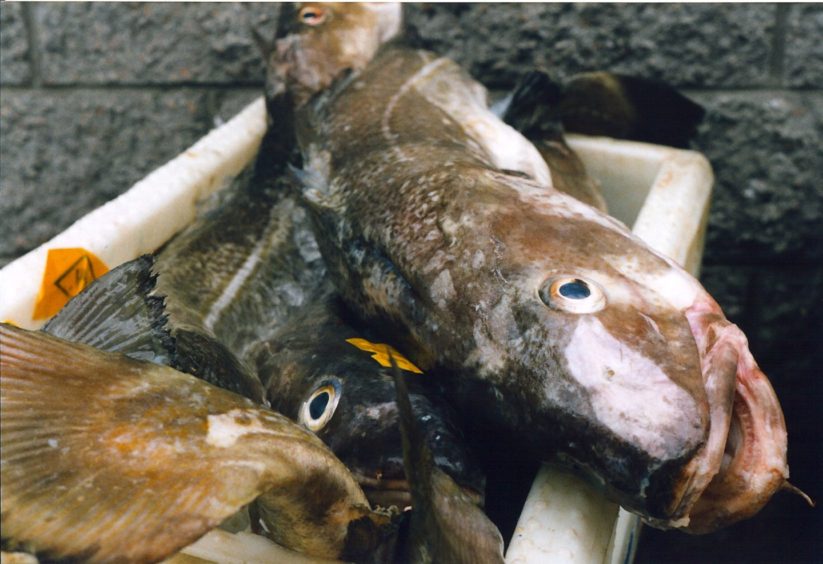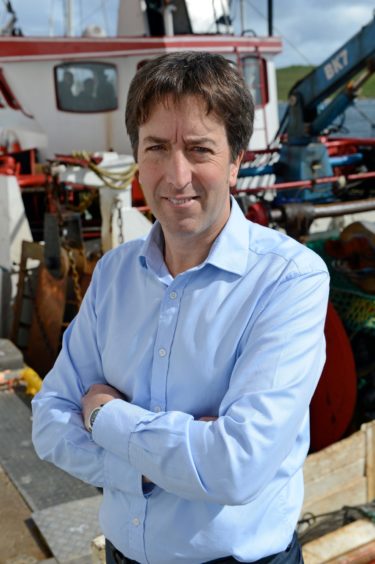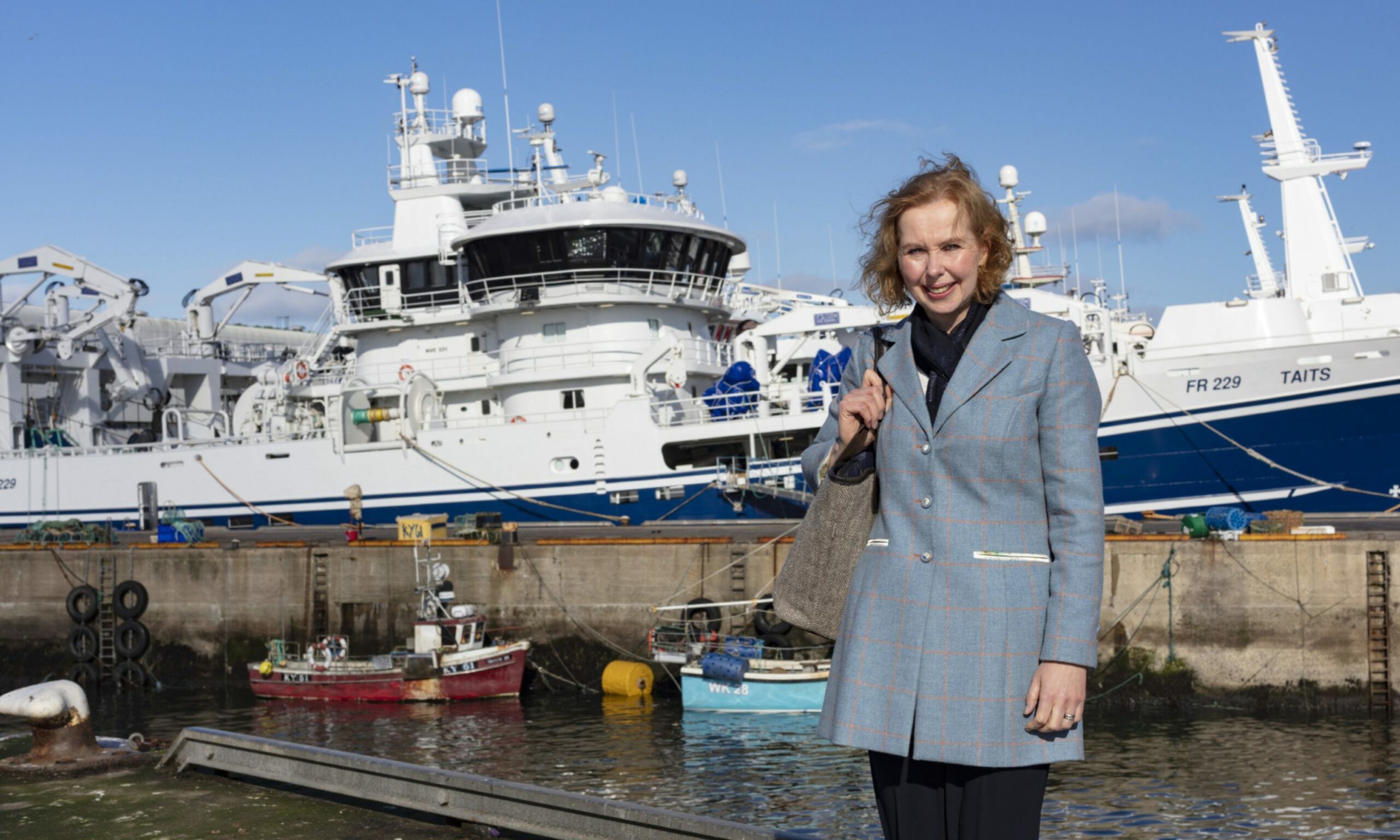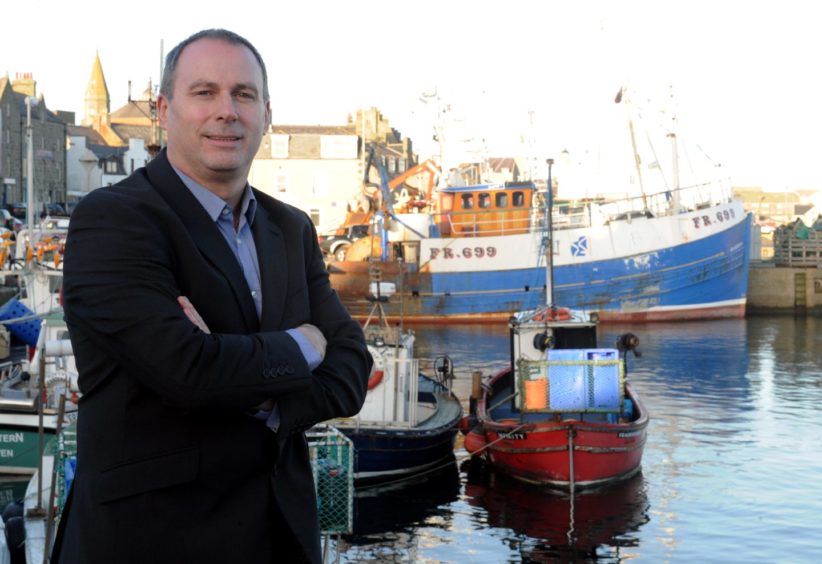Scottish fishing chiefs have warned the “sound” management of shared stocks will be “almost impossible to achieve” if scientists calling for a swingeing cut in North Sea cod quota get their way.
The International Council for the Exploration of the Sea (Ices), which advises European governments on how much fish should be caught, based on its latest stock assessments, wants to slash the total allowable catch (TAC) for North Sea cod by 10.3% next year.
Ices’ recommendation for west coast saithe – also known as coley – is for an even deeper cut, of 24%.
At the same time, the organisation is advocating increases of 154% for North Sea and west coast haddock, as well as a 236% jump in the TAC for North Sea whiting.
Shetland Fishermen’s Association executive officer Simon Collins said the latest advice from Copenhagen-headquartered Ices bore “no relation to what our members are seeing out on the fishing grounds every day”.
‘Ices needs to take a good hard look at the process’
Mr Collins said the recommendation for North Sea cod, in particular, was “catastrophically wrong”.
And calling for “substantive” reform of a “flawed” approach to fisheries management, he said: “With such wild swings in both directions a regular occurrence in recent years, it is clear that Ices needs to take a good hard look at the process and consider whether its modelling is still relevant.
“At the same time, our governments need to ask themselves whether they are willing to create insoluble problems for our fishing fleet simply because a computer says so.”
Scottish Fishermen’s Federation chief executive Elspeth Macdonald said: “We are dismayed with the advice for a swingeing 10% cut in the North Sea cod total allowable catch.
“This simply fails to reflect the volumes of cod that fishermen are seeing on the grounds, and on the back of huge cuts in the previous two years, is desperate news for the industry.
“No account is being taken of the distribution of different cod stocks within the North Sea and adjacent areas and Ices needs to alter its modelling to take account of such spatial considerations.”
Ms Macdonald added: “We are aware that the process is moving towards the inclusion of such considerations but progress is too slow, with the interim modelling not being good enough to ensure a fair transition.
“When you add in the fact there is advice for large increases in TACs for other species, namely North Sea haddock and whiting, and serious quota constraints due to the appalling Brexit deal, sound management of these fisheries becomes almost impossible to achieve.
This simply fails to reflect the volumes of cod that fishermen are seeing on the grounds, and on the back of huge cuts in the previous two years, is desperate news for the industry.
Elspeth Macdonald, CEO, Scottish Fishermen’s Federation
“Within a mixed fishery, as soon as you have low quotas for cod, you restrict the opportunities for fishermen catching these other key species.”
The latest advice for west coast whiting “more closely reflects what skippers are seeing on the grounds” after years of the industry highlighting an abundance of the species “to no avail”, she said.
Scottish White Fish Producers’ Association chief executive Mike Park renewed calls for the Scottish Government to set up an independent panel to assess scientists recommendations and “put them into proper perspective”.
Mr Park added: “Ices has not kept up with changes in the ecosystem, such as the migration of cod stocks which appears to be being driven by climate change.
“There is no point in advising large increases in quotas for some stocks when absurdly small quotas for others caught at the same time prevent vessels from going to sea. Fish don’t swim together in neat shoals of their own species.”
Mixed catch for Scottish fleet after historic fishing talks involving ‘independent’ UK
